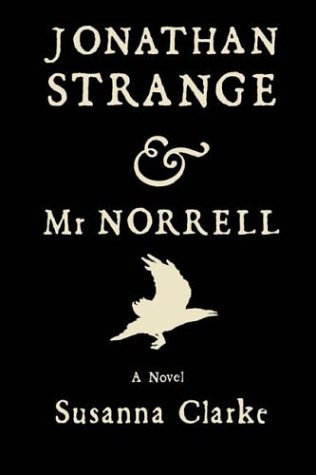
This book is about the re-emergence of magic in England. Mr. Norrell is the magician who brings practical magic back to England. He allows no one else to practice magic until, that is, he gains a pupil, Jonathan Strange. Jonathan is very different from Mr. Norrell and before long it seems they must come to a parting of the ways.
General rating: 2 out of 4, but still a good read if you like this kind of book.
1. Is it plausible? This concept of "practical magic" actually makes this book about magic feel more plausible than many. It is certainly plausible within the fantasy genre. What makes it feel more real is its placement in a well-researched historical background. Unusual and cool.
2. Is it thought provoking? Not particularly.
3. Is it engaging? It's the kind of book that is slow to reveal the plot. And it's SUPER long (782 pages). It took me awhile to get in to, but once I did, I was hooked.
4. Is it uplifting? Not really. It's fairly neutral. I like a good ending and the ending to this book was unsatisfying. It cries out for a sequel, but no sequel currently exists (to my knowledge).
Language: none
Sex: none
My recommendation: I read a review of this book that described it as combining "the dark mythology of fantasy with the delicious social comedy of Jane Austin". Hearing it described as such made me like it better, actually. I did not dislike this book. It was very interesting in parts and after I read it, it stayed in my thoughts for days--I really like it when a book has that effect. But the ending was so... unfinal... and the beginning was so slow. There were parts of it that were definitely gripping. But I kind of had to talk myself into really liking it. So if you're in the mood for a long, mostly interesting read, go for it (but don't buy it--borrow it from me!). If you want something gripping with a "POW" ending, put this book off for the next long, cold, rainy day.





